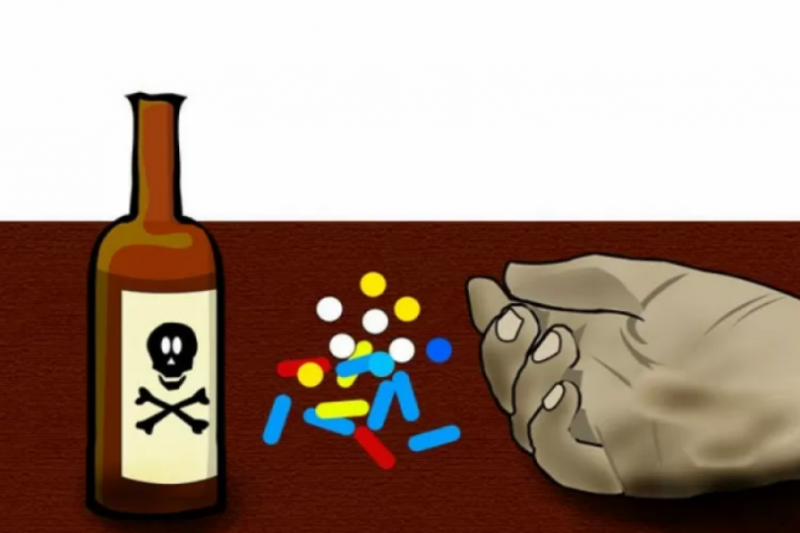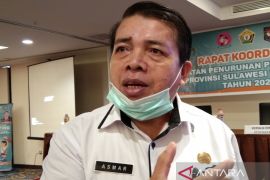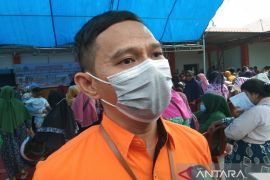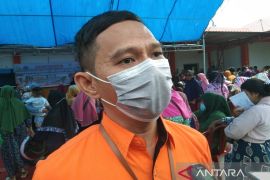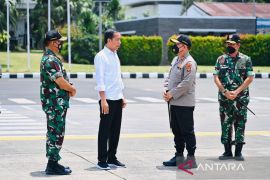In mapping the areas, the agency applied eight indicators, including the number of drug offence cases, drug users, and presence of drug lords, dealers, and couriers, the BNN-Kendari office's extension service worker, Harmawati, stated.
"Whether the neighborhoods have entertainment venues, rented houses, and high privacy estates are also incorporated in the list of indicators applied in mapping," she remarked in Kendari, the capital of Southeast Sulawesi Province, on Saturday.
The 16 neighborhoods identified as red zones for drug abuse comprise Gunung Jati, Purirano, Benu-Benua, Sodohoa, Sanua, Mandonga, Korumba, Pondambea, Kadia, Bende, Puuwatu, Tobahu, Anawai, Wuawua, Bonggoeya, and Kambu.
This challenging reality calls for synergistic handling by the BNN and other law enforcement agencies, neighborhood authorities, and all components of society, at large, Harmawati emphasized.
"We are aware of the necessity for cooperation with all components of society at large. Let us strengthen our synergistic collaboration in preventing and protecting our members of community from drug addiction and crimes," she stated.
Domestic and transnational drug dealers perceive Indonesia as a potential market owing to its vast population and millions of drug users. Drug trade in the nation is valued at nearly Rp66 trillion.
People from all strata of society are falling prey to drugs in the country regardless of their socio-economic and professional backgrounds.
The Indonesian government has taken harsh punitive action against drug kingpins found smuggling and trading drugs in the country over the past few decades.
The BNN has sought capital punishment for those involved in drug trade in the country.
Indonesian President Joko Widodo has also issued shoot-at-sight orders against drug kingpins.
However, this has failed to deter drug traffickers, who continue to treat Indonesia as a main market, prompting Indonesian law enforcers to step up vigilance against them.
Close
EDITED BY INE


